U.S. President Donald Trump threatened Tuesday to slap tariffs on Spain over its lax defense spending, calling Madrid’s refusal to meet a NATO benchmark “unbelievably disrespectful.”
“I’m very unhappy with Spain. They’re the only country that didn’t raise up their number to 5 percent. Every other country in NATO raised up to 5 percent,” Trump told reporters at the White House. “I think what Spain did is a very bad thing for NATO.”
He added he was “thinking about giving them [Spain] trade punishment through tariffs because of what they did,” in his most excoriating remarks on the subject yet.
In the past few days, weeks and months, Trump has slammed Madrid several times over low defense spending, amid Washington’s push to make Europeans less reliant on America’s military might.
Spanish Prime Minister Pedro Sánchez also irked fellow EU countries — especially those bordering Russia and Ukraine — when he said earlier this year that Moscow didn’t pose an immediate security threat to his nation.
On that point, Trump suggested that Spain benefits from inherent security guarantees because of its geographic position in southern Europe, saying the country “gets protection” simply due to “the way they’re located.”
Last week, Trump called Spain a “laggard” and suggested the country could be kicked out of NATO, which is technically impossible because there is no mechanism to expel a nation from the transatlantic military alliance.
“Maybe you should throw them out of NATO, frankly,” he told Finland’s President Alexander Stubb. “I think you people will have to start speaking to Spain.”
At a NATO summit in The Hague in June, allies agreed to assuage Trump by setting a new defense spending target of 5 percent of GDP — 3.5 percent on core military expenditure and 1.5 percent in defense-related areas such as military mobility.
But Sánchez asked for a carve-out, arguing Madrid doesn’t need to spend as much money to fulfill the duties required by NATO. At the time, Trump had threatened to make Spain pay “twice as much” in tariffs.
Madrid has the lowest military spending of any NATO member country, allocating just 1.3 percent of its GDP to defense in 2024. However, unlike what the U.S. president claims, only a few NATO allies such as Poland currently do spend 5 percent of their GDPs on defense. Under the alliance pledge, they have until 2035 to reach the target.
 Spanish Prime Minister Pedro Sánchez also irked fellow EU countries when he said earlier this year that Moscow didn’t pose an immediate security threat to his nation. | Eduardo Parra/Getty Images
Spanish Prime Minister Pedro Sánchez also irked fellow EU countries when he said earlier this year that Moscow didn’t pose an immediate security threat to his nation. | Eduardo Parra/Getty Images“I think it’s unbelievably disrespectful,” Trump added. “And I think they should be punished for that. Yes, I do.”
Sánchez vowed in April to hike Spain’s defense spending to 2 percent of GDP by the end of 2025 to meet an earlier NATO goal under pressure from Brussels and Washington — but that still falls far short of Trump’s latest demand of 5 percent.
Dating back to his first term in office, the American president has expressed anger at NATO countries he feels are underspending on defense and has demanded the alliance’s members ramp up their military investments.
Trump even raised the matter at the Gaza ceasefire signing ceremony in Sharm el-Sheikh, Egypt on Monday. While addressing world leaders, Trump asked if the NATO leaders in attendance were “working” on Sánchez “with respect to the GDP.”
But during an interview back home on the Cadena SER radio network Tuesday, Sánchez defended Madrid’s defense spending policies.
“We are committed to the defense, to the security of NATO and, at the same time, we are equally committed to the defense of our welfare state,” he said, adding Spain was already doing “more than enough” by allocating 2 percent of its GDP to military expenditures.
Sánchez conceded that Washington and Madrid did not see eye to eye on the issue, but stressed that his interactions with Trump remain “perfectly cordial.”
“Beyond what may be the obvious discrepancy that we may have in many policies, I believe that relations between the United States and Spain are very positive and very deep,” he said.
Jacob Wendler reported from Washington.

.jpeg)


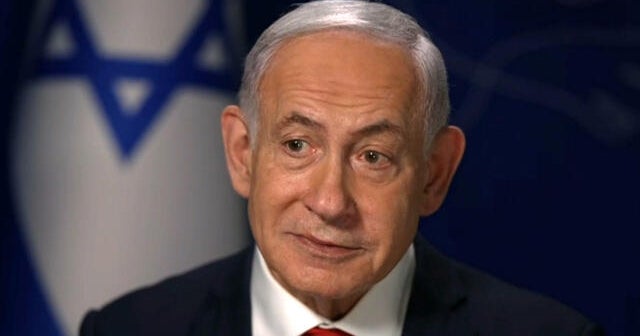


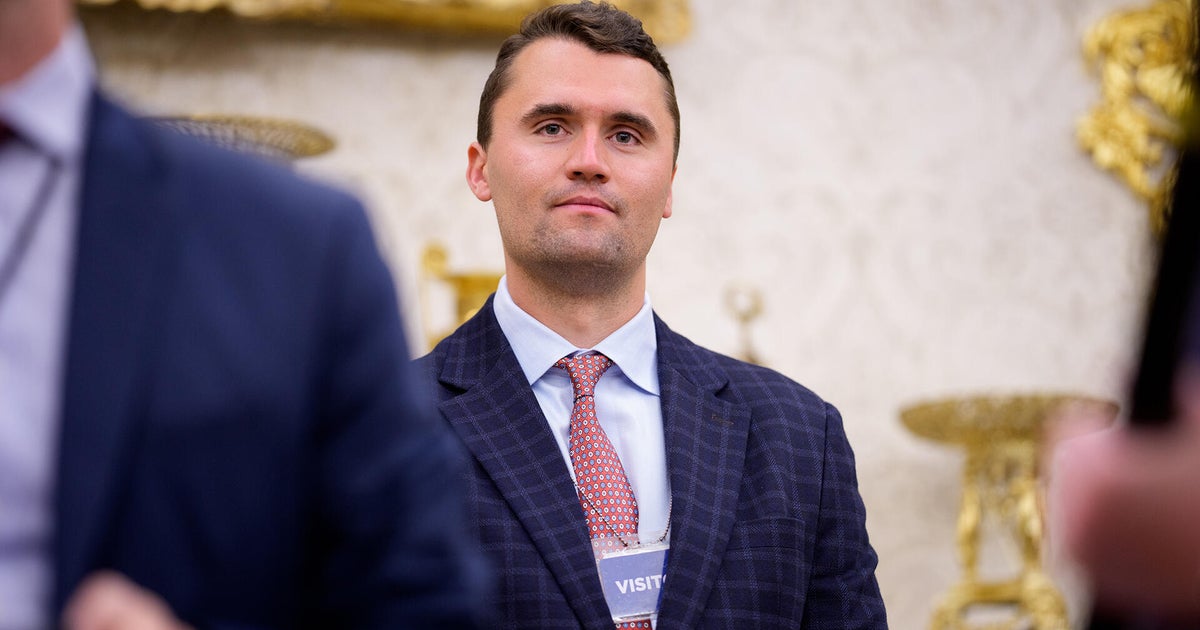




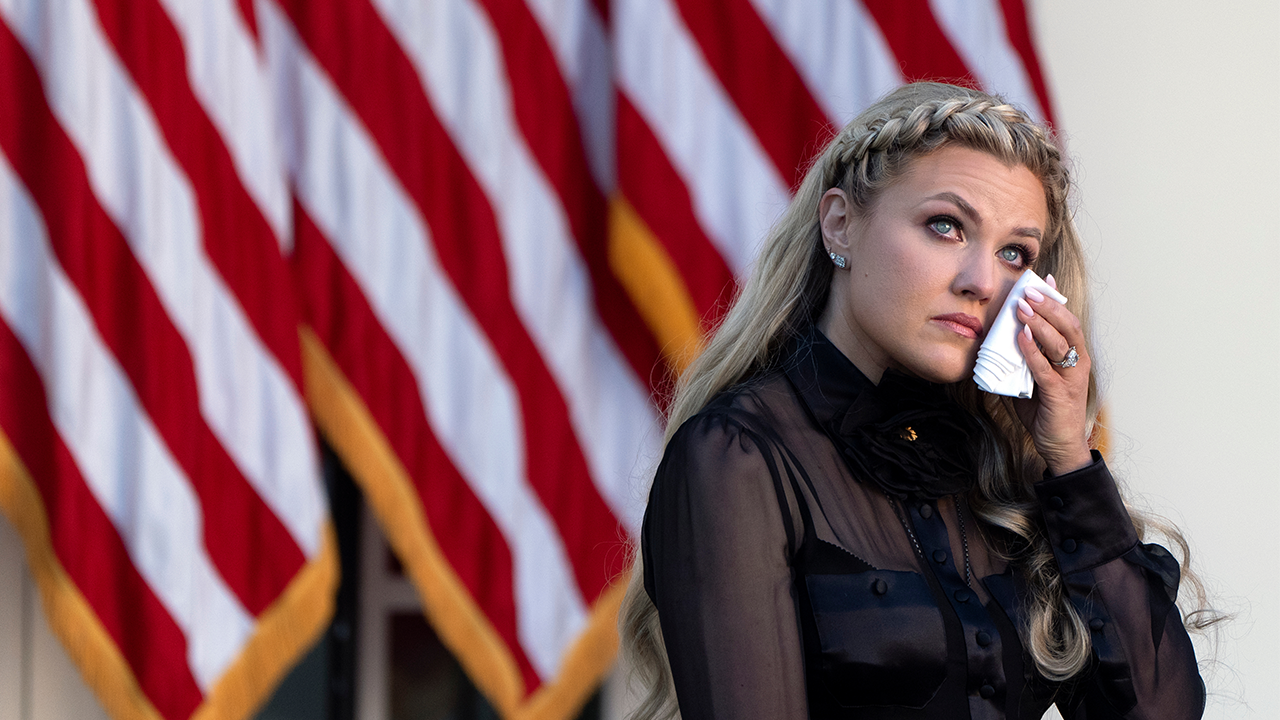

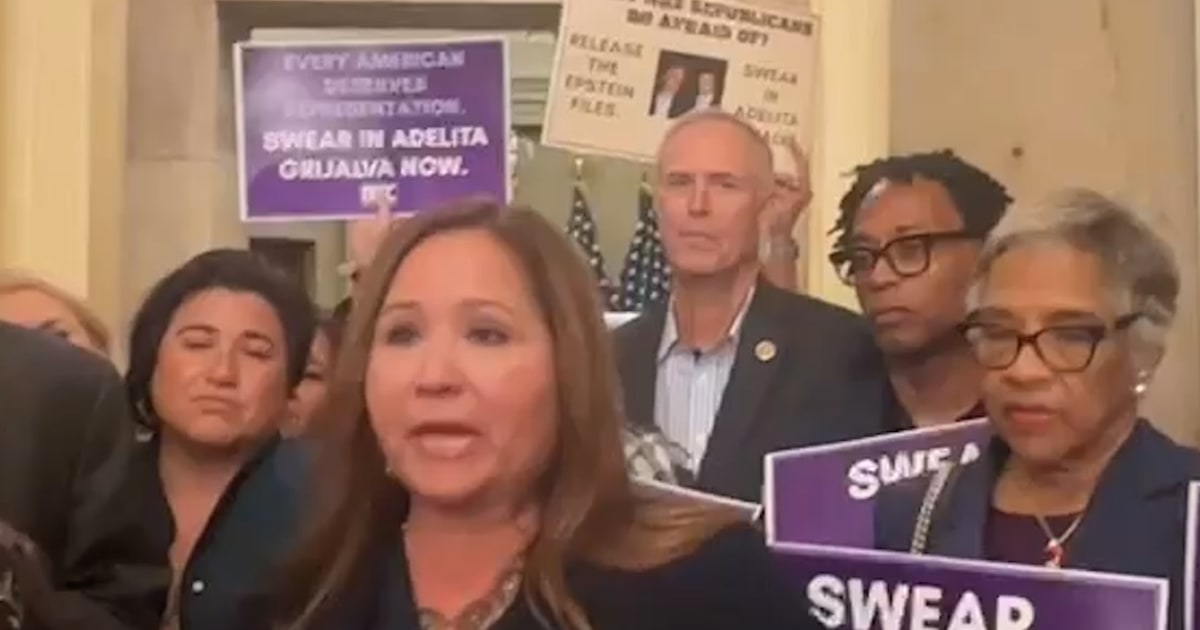

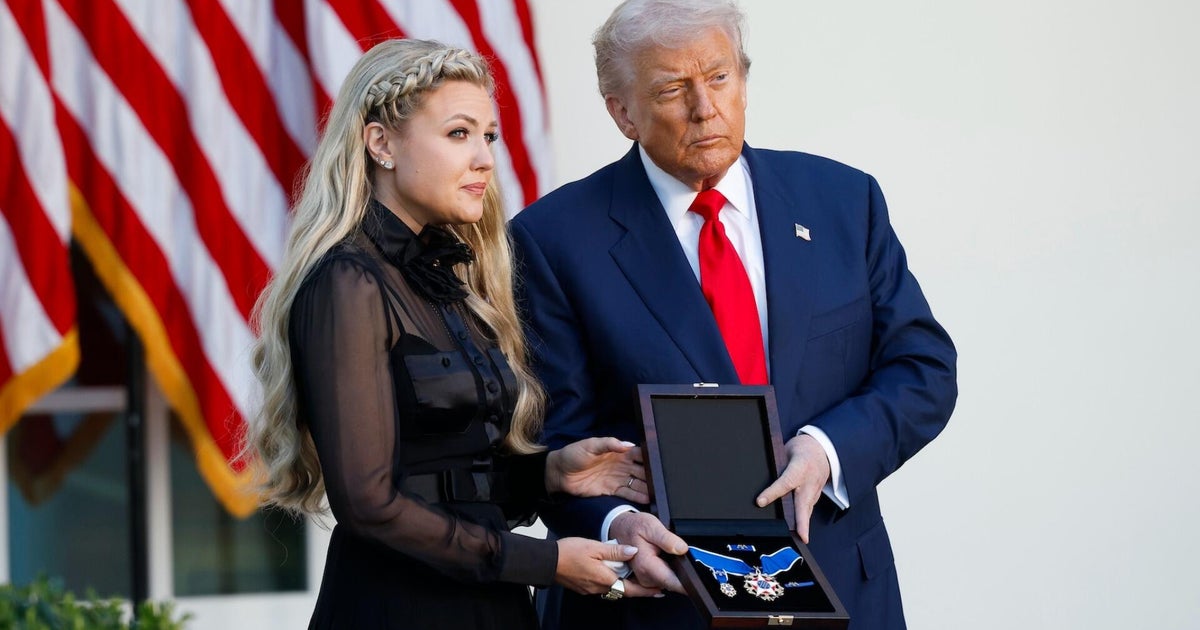
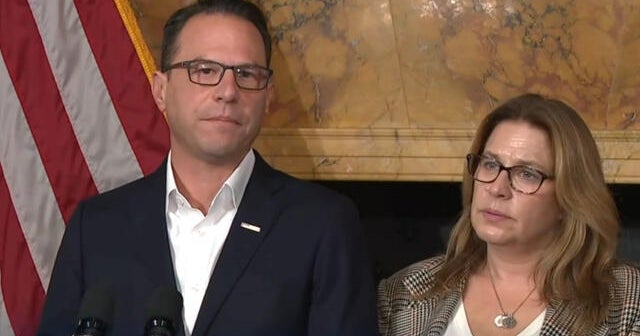
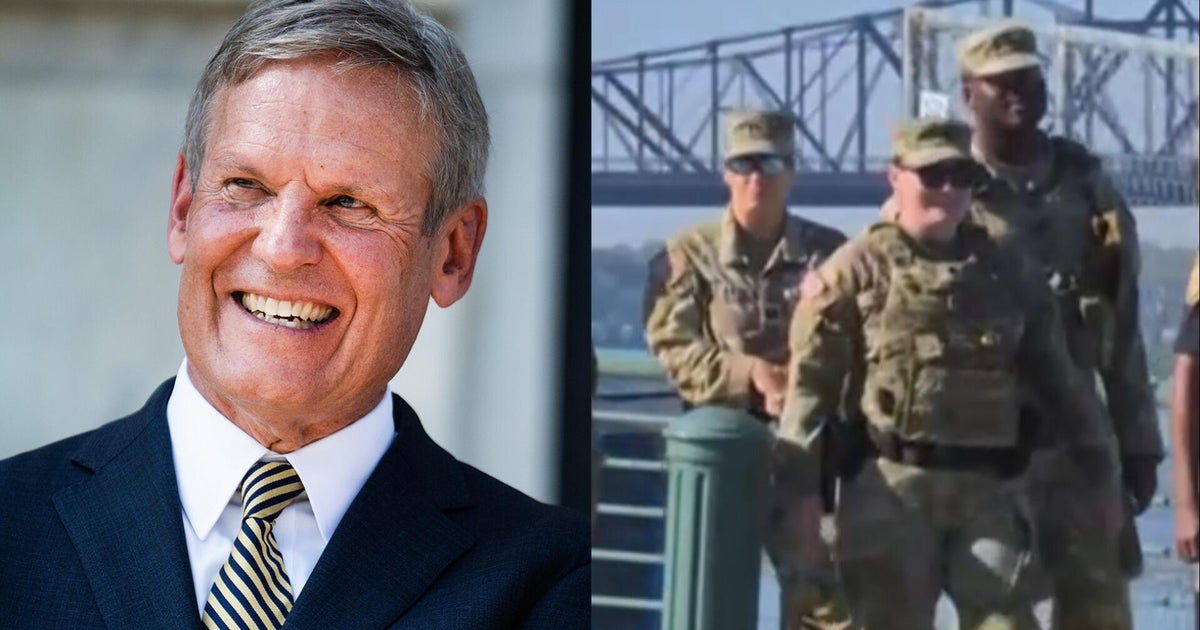




.jpeg)














 English (US) ·
English (US) ·